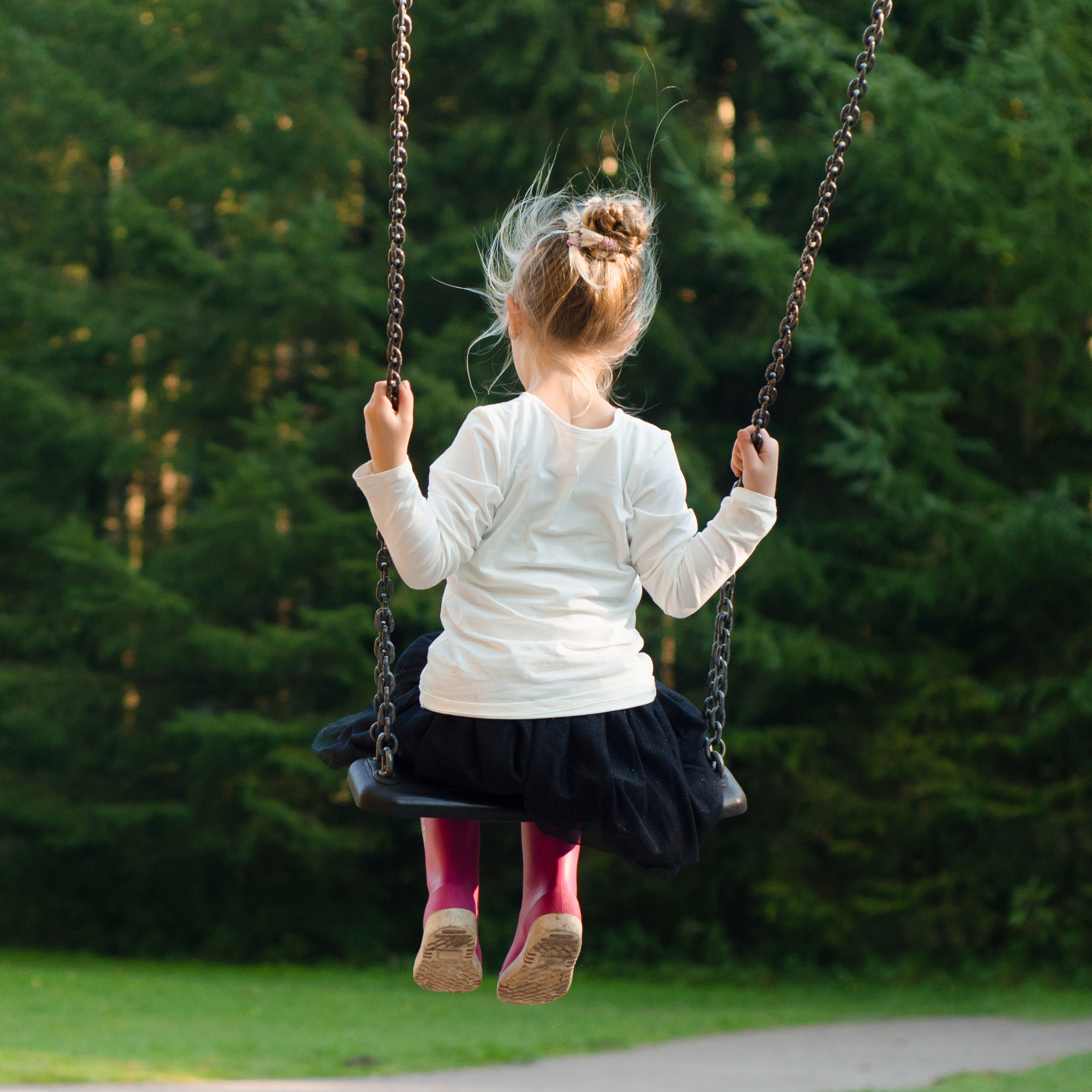Many times, I hear parents talking about how their children over-react to the littlest things. It is hard to understand what in the world has them so upset. Let’s step back for a minute and think about it.
As adults, we have had many years of practice to learn how to solve problems and cope with setbacks but little kids are just learning. They are beginners. As adults, we have developed a vocabulary to talk about our feelings and have lots of practice in coping with our emotions and solving problems. We have learned to identify our feelings and what helps us deal with them so we can do our best to not lose our cool (but let’s be honest, even as adults there are times we want to fall to the floor and kick and scream like our kids do). We understand the feeling our kids are having, we have just learned to manage it in a different way.
Kids don’t have the words to talk about their feelings or to explain why they are upset, and they definitely do not have as much practice solving problems and finding ways to calm down as we do. Also, they may not always be aware of what upset them in the first place, which makes it even harder to talk about. Really, sometimes they truly do not know why they are so upset, they just are. Another thing to remember is that in the moment whatever did upset them was really, really important to them even if it seemed so small to you. Kids live in the moment, so for them, if they cannot have what they want, it could feel like the end of the world.
Because kids aren’t as able to verbalize their feelings and don’t have all the skills yet to calm down and solve problems, they exhibit their feelings in the form of different behaviors. Behaviors that we often would probably call disruptive, defiant, overreacting, etc. Sometimes when children are stressed or upset, they will also exhibit regressive behaviors such as having toileting accidents when they were previously toilet trained or sucking on their thumb when they have not done this in a long time. While kids are not able to say hey I am sad/angry/scared, their behaviors tell us something is wrong.
Children react with how they feel. It is a blessing and a curse. You can try and reason with them but they are not likely to comprehend this all the time. Instead try and identify and acknowledge their feelings (I see you are sad right now because we can’t play outside. I get upset when I don’t get what I want too sometimes). Let them know they are safe and it is okay to be sad/angry/scared/etc. and see if they want a hug or if there is anything else you can do to help them. Most important you need to be the calm in the storm. Yelling at them to calm down won’t help. Helping children work on recognizing their feelings and understanding that all feelings are okay to have and assisting them in learning ways to solve the problem and calm down will go a long way to helping them develop the skills they need to function independently as they get older.
Dr. Shannon Calvert, Licensed Clinical Psychologist




